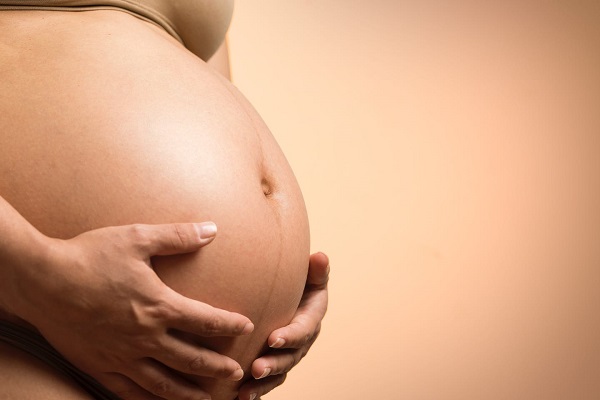The Mirror's Health , Lifestyle and Fashion

Pregnancy related low back pain
Each woman has a unique experience during pregnancy and may have an easier first pregnancy and subsequent difficulties in the next pregnancy or no difficulty at all.
Advertisement
For most women, there is a silent expectation for them to endure most pain during their pregnancy before they go through delivery of their baby.
You need to know that there are a number of changes that occur in your body and these changes can have a deep and long-term effect on your body. Many women experience physical distress at various stages during their pregnancy.
Pregnancy related low back pain is a frequent complaint that occurs in most pregnancies. This pain may begin at any point during pregnancy.
Although most cases of low back pain are mild, some women experience severe pain during the third trimester.
Your lower back has small bones which are designed to support your back and maintain a natural curve in the back. In order to maintain stability and offer adequate support, your lower back bones are attached and held secure by many strong cords as well as by strong lower back muscles.
Other muscles such as your abdominal muscles also have an influence on your lower back.

Risk factors
Many risk factors can be identified leading to low back pain during pregnancies such as;
• Muscle Separation
As your baby grows bigger, some muscles on your abdomen may be overstretched and weaken and hence unable to provide the much needed support for your back, causing your back muscles to work extra hard to maintain stability in your back and this may bring about pain.
• Gain in weight
Another risk factor for Low Back Pain is the increase in weight during pregnancy. Every woman gains weight during a health pregnancy and the backbone still has the job of supporting the extra weight. The stress placed on your lower back as a result in this weight gain may cause you to experience low back pain.
• Changes in posture
This is a consequence of weight gain. Weight gain increases the amount of force/stress placed onto your backbones and alters your centre of gravity which shifts forwards, forcing you to change your posture.
Your typical posture now would be to shift your head and upper body backwards over your waist causing an increase in the natural curve in your lower back bones reducing your stability and changing your gait or the way you walk. This change places added stress on your backbones and leads to Low Back Pain.
During pregnancy, many changes occur in the bones of your back, your back muscles, and the strong cords which support your backbones.
Due to these changes, the strong cords which provide support tend to relax considerably hence affecting the stability of your back bones and leading to low back pain.
Most women experience onset of the low back or waist pain during the fifth and sixth month of pregnancy with the pain being worst in the evening or at night. However, there are some factors that may worsen the pain such as prolonged standing or sitting, coughing or sneezing, prolonged walking, and straining during a bowel movement.
Diagnosis
To confirm the diagnosis of low back pain, enquiries will be made about your previous medical conditions, your symptoms, your movement limitations during your daily activities.
You may also be required to provide more information about your previous pregnancies and activities that intensify the pain- to identify the main cause of the pain- such as turning in bed, climbing or descending stairs or walking, getting out of a car etc.




